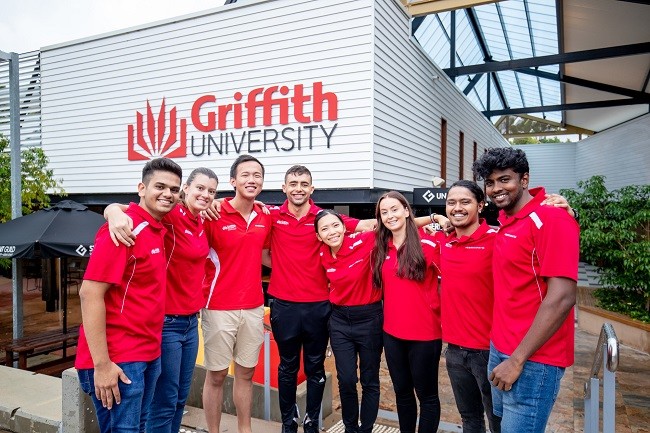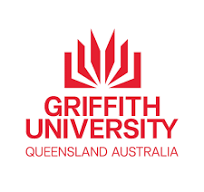
MASTER OF SUICIDOLOGY


Overview
3 YEARS
YES
AU $34,000 PER YEAR
FEB, JULY, NOV
Overview
> The Master of Suicidology provides an extension to the existing Graduate Certificate in Suicidology currently offered by the Australian Institute for Suicide Research and Prevention (AISRAP).
> The program is designed to produce graduates who are knowledgeable and skilled in the identification of a range of concerns regarding suicidal behaviours and their planned management at various levels (including research, public policy, and primary, secondary and tertiary prevention). The program will allow students to explore the historical and sociological development of the complexities of suicide. Furthermore, students will have the opportunity to compare different management methods and identify the advantages and disadvantages of each theoretical approach to treatment and management of suicidal behaviour and its prevention. Students will examine the factors that influence the development and assessment of suicidal behaviours and the ways in which current intervention and prevention strategies deal with these factors.
> This program does not aim to educate and train students to be clinicians (in the assessment and treatment of suicidal behaviour) but emphasises the importance of scientific and research-based enquiry and investigation at all levels of suicide prevention and intervention.
> Finally, this program offers two pathways of educational outcomes for students including a final study year focused on either research (dissertation) or coursework (elective courses of relevance to the domain of suicide research and prevention).
Duration
The Master of Suicidology offers a range of different durations depending on your previous studies:
You may be eligible to complete this program in 3 years part-time, if you have:
*Bachelor, related discipline OR
*Bachelor Honours, non-related discipline OR
*Graduate Certificate, non-related discipline OR
*Graduate Diploma, non-related discipline
You may be eligible to complete this program in 2 years part-time (with 40 credit points of advanced standing) if you have:
*Graduate Certificate in Suicidology
Related degrees
> Graduate Certificate in Suicidology – 3382
> Note: Progression is dependent upon satisfying admission requirements.
Attendance information
> This program is offered part-time online. International students are advised that they are not able to complete this program on-campus in Australia but may study the program off-shore in online mode. You can access course materials, > participate in discussion forums, lodge assessment items and access support services via Learning@Griffith. Access to a reliable computer with internet connection is essential.
My career opportunities
> This program will benefit individuals currently employed in or interested in gaining employment in this speciality field including health, mental health, education, law enforcement, emergency work, clergy, social, community and youth service sectors.
> This program will equip policy makers in public health, sociology and other health and human service domains with specific suicide research and prevention knowledge applicable to local, state, national and international level strategic planning.
> Additionally, this program provides a pathway to higher degree research qualifications (for example, PhD in Suicidology) and a career in the academic context for those students who complete the dissertation component.
Inquire Now
Entry Requirements
> Entry to the Master of Suicidology program requires students to hold:
a Bachelor degree in a related field such as medical, social or behavioural science, psychological sciences, social work, community welfare, human services, public health, nursing, education, criminology, anthropology, law
OR a Bachelor Honours, Graduate Certificate or Graduate Diploma qualification in a different discipline area
OR a Graduate Certificate in Suicidology (3382) or Graduate Certificate in Suicide Prevention Studies (3110) (from Griffith University) with a Grade Point Average of 5.0 or higher (successful applicants will be eligible for 40 credit points of advanced standing and will be required to complete 80 credit points in the program).
> English language requirements apply to International applicants and other applicants whose previous study was undertaken in a language other than English. The minimum English language requirements for such applicants for entry to this program are as follows:
> A minimum overall band score of 6.5 on IELTS (Academic) with no sub-score of less than 6.0
OR a minimum score of 575 on TOEFL
OR an internet-based (iBT) TOEFL score of 79 (no sub-score less than 19)
OR no score less than 3+ in each skill of the ISLPR (conducted by ISLPR Language Services only)
OR a minimum overall score of 176 (no score less than 169) on C1 Advanced (formerly Cambridge Certificate in Advanced English) or C2 Proficiency (formerly Cambridge Certificate of Proficiency in English)
OR an overall score of 58 in the Pearson Test of English (Academic) with no score less than 50.
Fees
Tuition fees
An International student pays tuition fees.
Students are liable for tuition fees for the courses they are enrolled in as at the census date.
The tuition fee for students who commence their program prior to 2014 is charged according to the approved program fee for the trimester in which the student commenced the program.
FEE (INDICATIVE): $34,000 per year
Scholarships
file:///C:/Users/LANDMASRK%20EDUCATION/Documents/Scholarships%20and%20finance%20Griffith%20UNI.html
Popular Courses
Find your perfect course
Head Office
Kamaladi, Kathmandu
Tel: +977 14542781, 9845566225
E-mail: info@landmarkedu.com
Sydney office
46 Macquarie Street,
Parramatta, NSW
Tel: +61 415 122 814
Branch office
Tel: 056-590825
Tel: 021-590828
Tel: 977-71-591694



